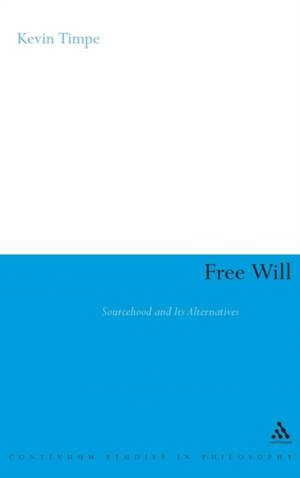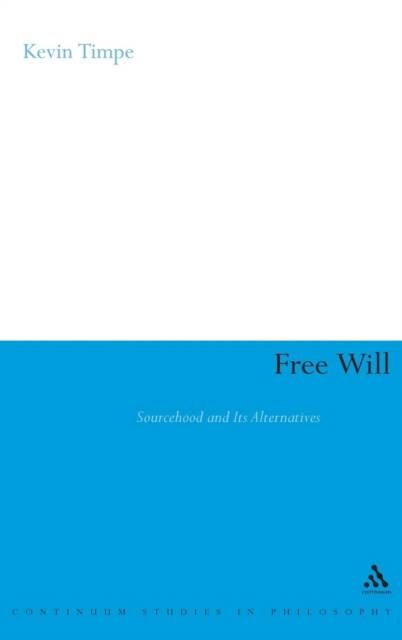
- Retrait gratuit dans votre magasin Club
- 7.000.000 titres dans notre catalogue
- Payer en toute sécurité
- Toujours un magasin près de chez vous
- Retrait gratuit dans votre magasin Club
- 7.000.000 titres dans notre catalogue
- Payer en toute sécurité
- Toujours un magasin près de chez vous
Description
Much contemporary scholarship on free will focuses on whether it is compatible with causal determinism. According to compatibilists, it is possible for an agent to be determined in all her choices and actions and still be free. Incompatibilists, on the other hand, think that the existence of free will is incompatible with the truth of determinism. There are two dominant general conceptions of the nature of free will. According to the first of these, free will is primarily a function of being able to do otherwise than one in fact does. On this view, free will centrally depends upon alternative possibilities. The second approach focuses instead on issues of sourcehood, holding that free will is primarily a function of an agent being the source of her actions in a particular way. This book demarcates these two different conceptions free will, explores the relationship between them, and examines how they relate to the debate between compatibilists and incompatibilists. It ultimately argues for a version of Source Incompatibilism.
Spécifications
Parties prenantes
- Auteur(s) :
- Editeur:
Contenu
- Nombre de pages :
- 208
- Langue:
- Anglais
Caractéristiques
- EAN:
- 9780826496256
- Date de parution :
- 23-09-08
- Format:
- Livre relié
- Format numérique:
- Ongenaaid / garenloos gebonden
- Dimensions :
- 232 mm x 232 mm
- Poids :
- 399 g







